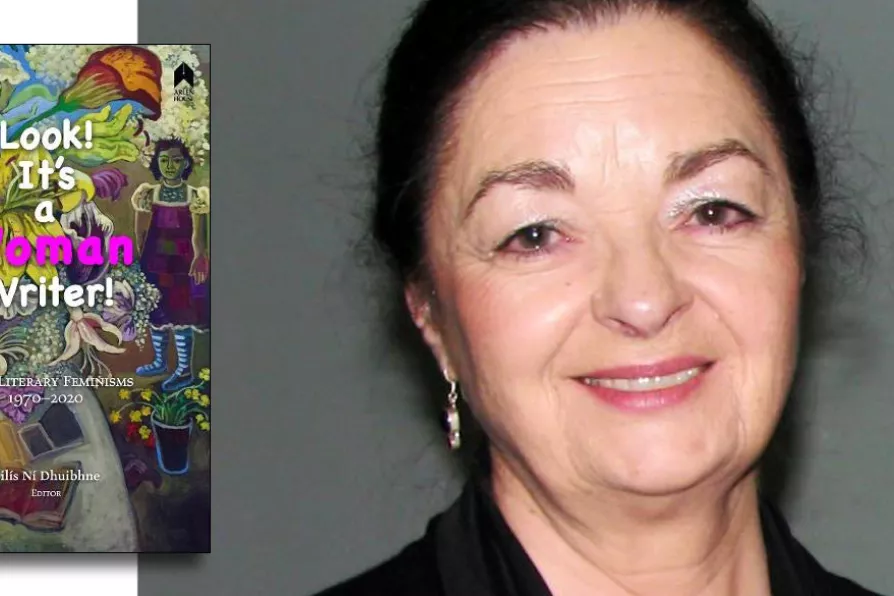RITA DI SANTO draws attention to a new film that features Ken Loach and Jeremy Corbyn, and their personal experience of media misrepresentation

 DEFYING EXPECTATIONS: Celia de Freine
DEFYING EXPECTATIONS: Celia de Freine
“AND PERHAPS, before literature dies, there will come a day when no-one notices an author’s gender or race but says only ‘I have just read an astonishing, unforgettable book by a fantastic human writer.’ I plan to live to see this.”
So writes Mary Dorcey in this collection of writings which reaches beyond the current experiences described to a future where such full equality of gender, race and class is achieved that they no longer spell marginalisation and exclusion from the cultural mainstream.
The 21 poets, fiction writers and playwrights in the book tell how they became the writers they are. Coming from the whole island of Ireland, they write in both Irish and English and are from a range of social backgrounds.

MARJORIE MAYO welcomes an account of family life after Oscar Wilde, a cathartic exercise, written by his grandson

As Saudi Arabia is hailed abroad for its ‘reforms,’ the reality for women inside the kingdom grows ever more repressive. On the International Day for the Elimination of Violence Against Women, MARYAM ALDOSSARI argues it is time to stop applauding the illusion – and start listening to the women the state works hardest to silence

On the centenary of the birth of the anti-colonial thinker and activist Frantz Fanon, JENNY FARRELL assesses his enduring influence

FIONA O'CONNOR recommends a biography that is a beautiful achievement and could stand as a manifesto for the power of subtlety in art










